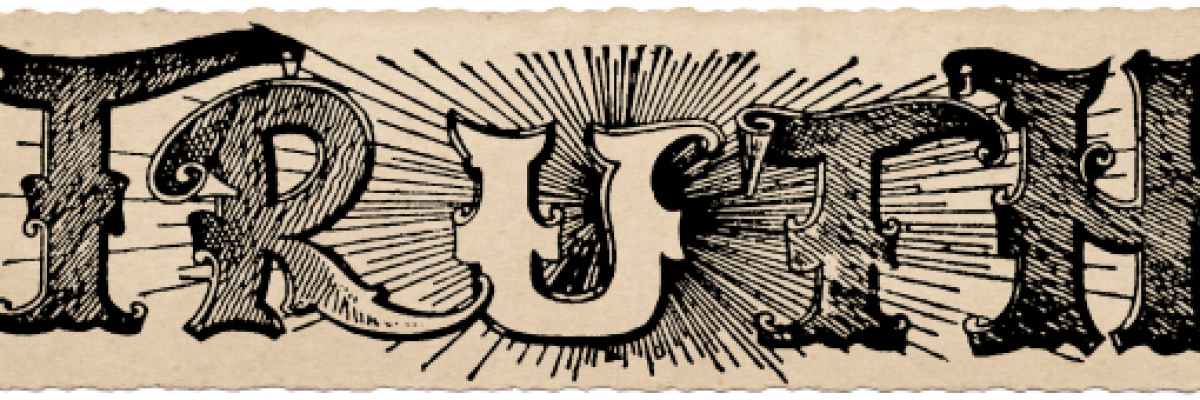
The word fallacy comes from the Latin word fallacia, which could also be translated as “deception.” A fallacy is a misleading or unsound argument that can be either accidental or intentional.
This will be the first in a series of posts dedicated to understanding and responding to logical fallacies.
Self-Referential Incoherence
A self-referentially incoherent claim is one which, when applied to itself, refutes itself: Such as when a man says, “I can’t speak a word of English.”
Let’s take a look at some other examples of self-referentially incoherent propositions and worldviews. We will divide them into three groups: relativism, skepticism, and scientism.
Relativism
Several years back, I ministered with a team of young adults in Ireland, hosting day retreats for high school students. After one particular retreat, a teenage boy came up to my friend, Charity, and me and declared, with an air of condescension, “This has all been very interesting, but there are no absolute truths. Everything is relative.” Without missing a beat my friend looked at him and asked, “are you absolutely sure about that?”
The young man didn’t know what to do with himself. He took a step back and gasped. He realized then and there that epistemological relativism (a fancy term meaning that nothing we come to know can be said to be objectively true) is self-refuting.
Another example of this absolute relativism can be seen in the song I Gave You All, by the band Mumford and Sons, which contains the lyric, “How can you say that your truth is better than ours?”
By this, they almost certainly mean that it’s arrogant and incorrect for a person or group to claim that what they know to be true is truer/better than what another person or group claims to be true. If this is what they mean then the lyric is, again, self-refuting, for the question itself implies a claim to knowledge that they think to be “better” than others.
Skepticism
A few years back I had a discussion with a man who said he was an atheist. I spoke at some length with him, laying out what I considered to be good arguments for the existence of God. In response to each premise I offered, he offered a dismissive shrug.
At one point he stopped me, saying, “Look, human reason is so fallible, either there is no such thing as truth or, if there is, we have no way of knowing it. It’s arrogant to say otherwise.” Without realizing it, my friend made three self-referentially incoherent propositions: 1) Infallible certainty that we cannot have infallible certainty. 2) Assertion as a truth that we cannot know truth, and 3) Assertion as a truth that if anyone asserted anything to be true, he must be arrogant.
When I pointed out these things to him, he said, “I guess that’s the difference between you and me. I see the value in skepticism.”
“Well, so do I,” I said. “But you’re not simply saying that you’re skeptical about some truths, but of all truth!”
“That’s right. I think it’s the only intellectually honest thing to do.”
“But to be skeptical of all truth would lead you to be skeptical of your skepticism, which would entail you becoming more certain!”
Scientism
Scientism is the belief that one should only accept as true that which can be shown true by the scientific method.
This is an impoverished view of human knowledge that cannot account for logic and mathematical truths (which science presupposes but cannot prove), ethical truths, and metaphysical truths—such as the existence of the external world, or that the past is real.
Most devastatingly, however, scientism is self-referentially incoherent: You cannot show by the scientific method that one should only accept as true that which can be shown true by the scientific method.
The fact is that the existence of truth is self-evident. As St. Thomas Aquinas, in the thirteenth century, wrote, “The existence of truth is self-evident. For whoever denies the existence of truth grants that truth does not exist: and, if truth does not exist, then the proposition ‘Truth does not exist’ is true: and if there is anything true, there must be truth.”
What are some self-referentially incoherent statements you’ve heard made?



